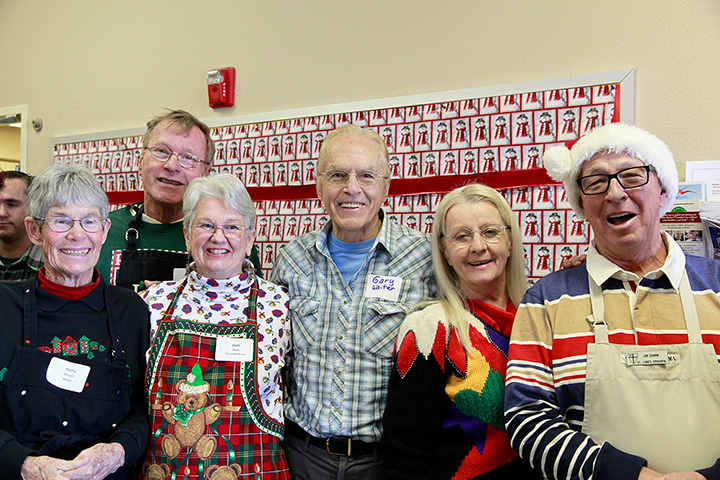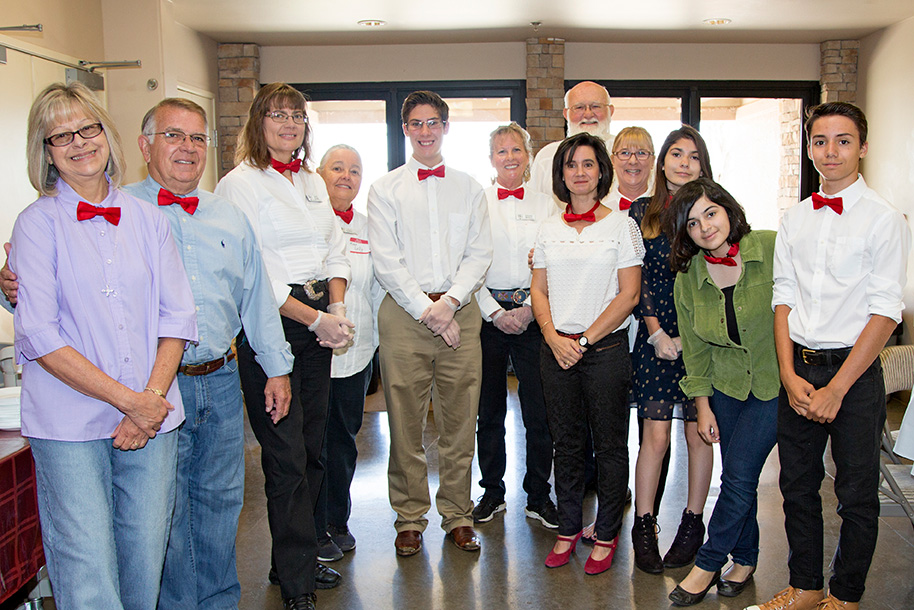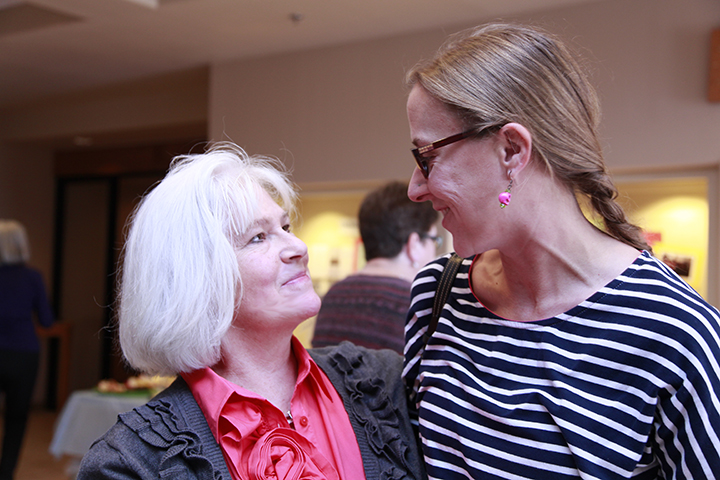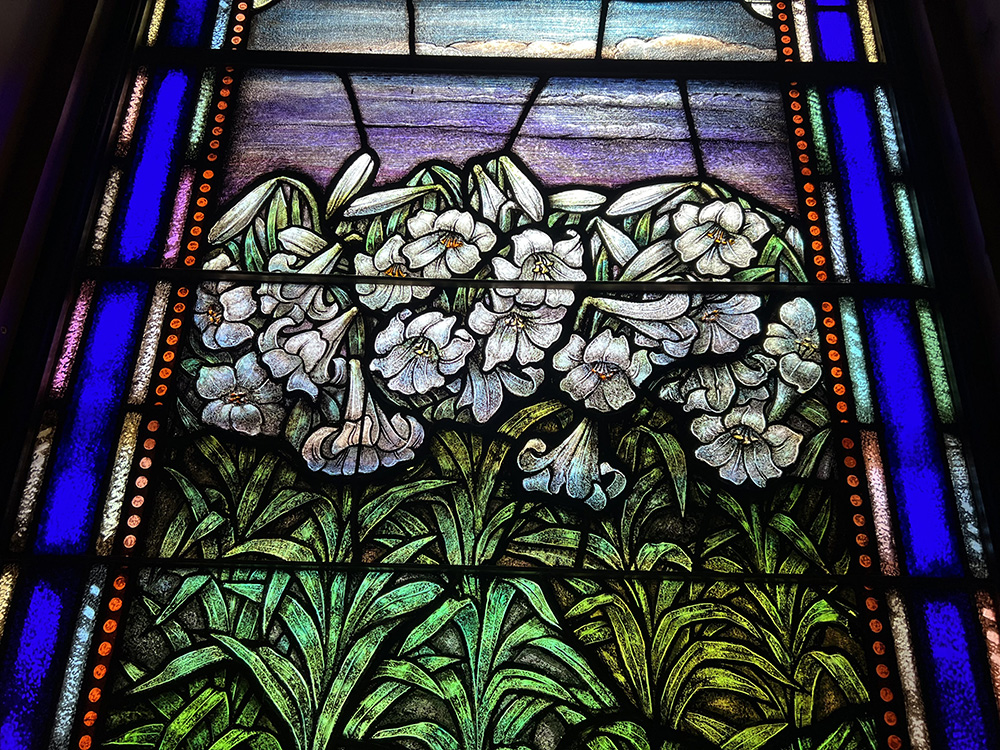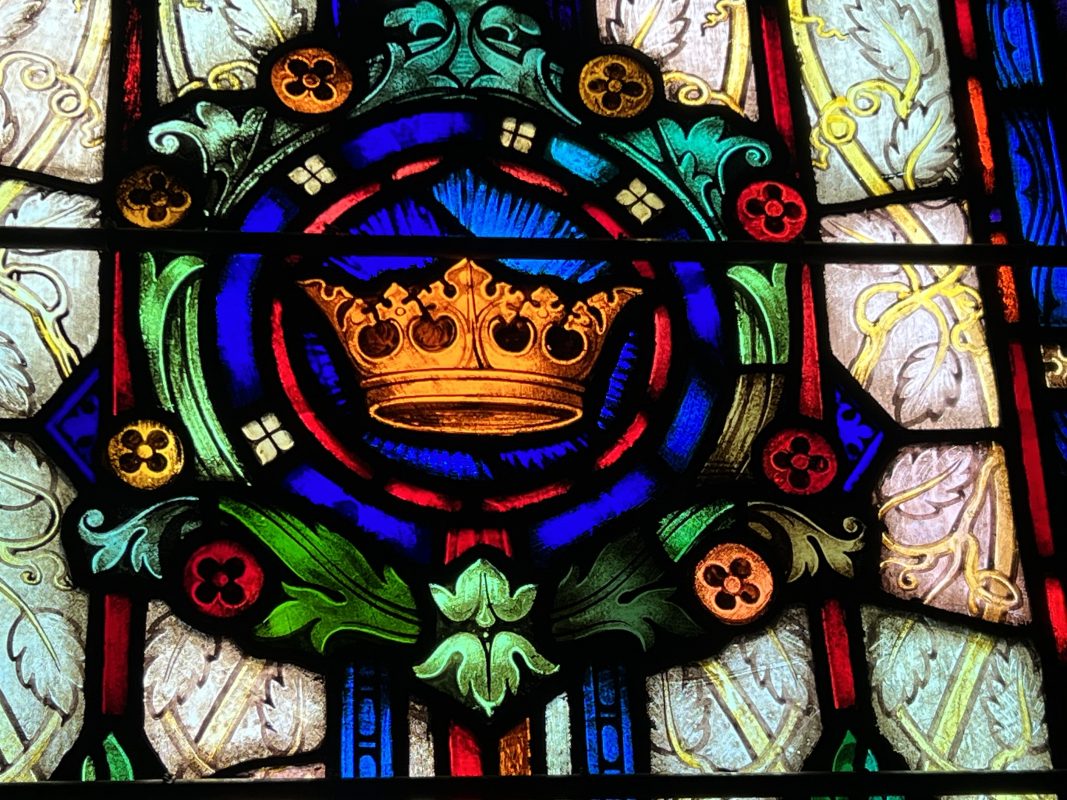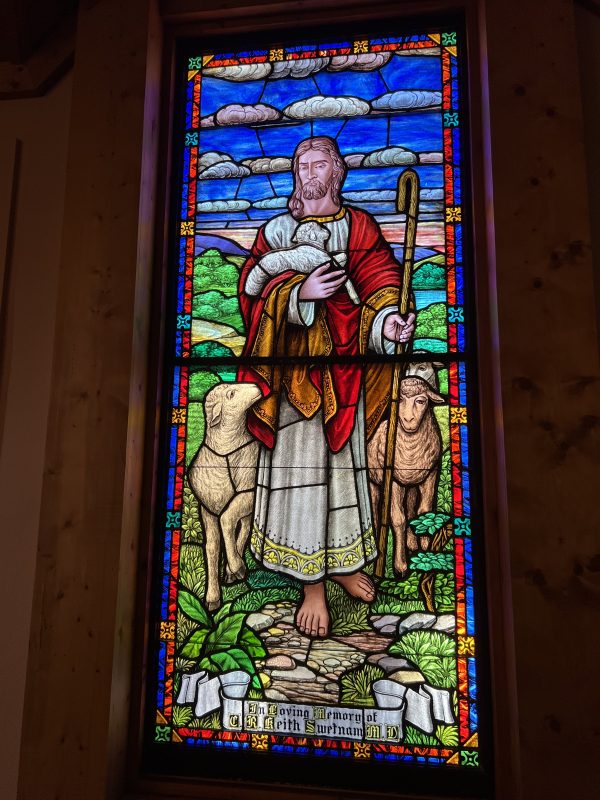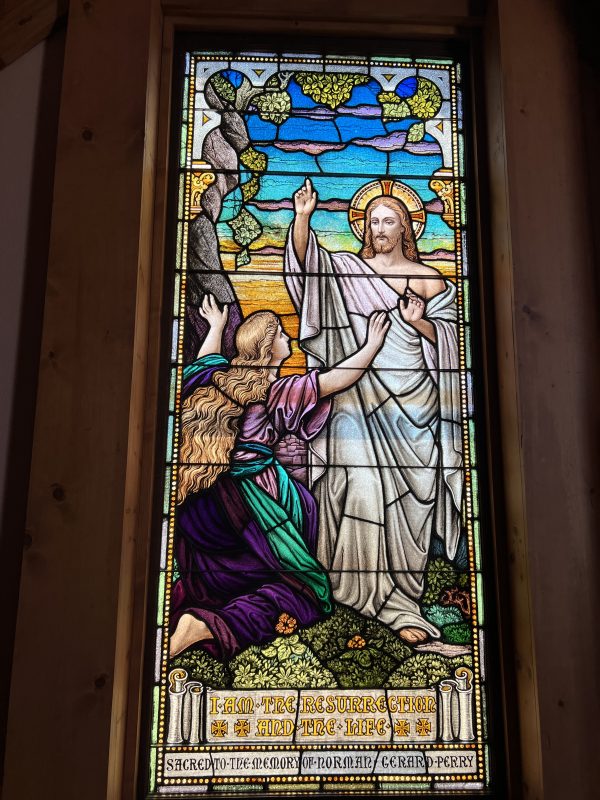The mission of an Episcopalian is not simply a matter of “saving souls.” Neither is it simply a matter of “feeding the hungry.” Christian mission is seen as the quest for both the spiritual and the physical welfare of mankind since Christ’s love extends to all aspects of life. The mission of the Church is to restore all people to unity with God and each other in Christ.

